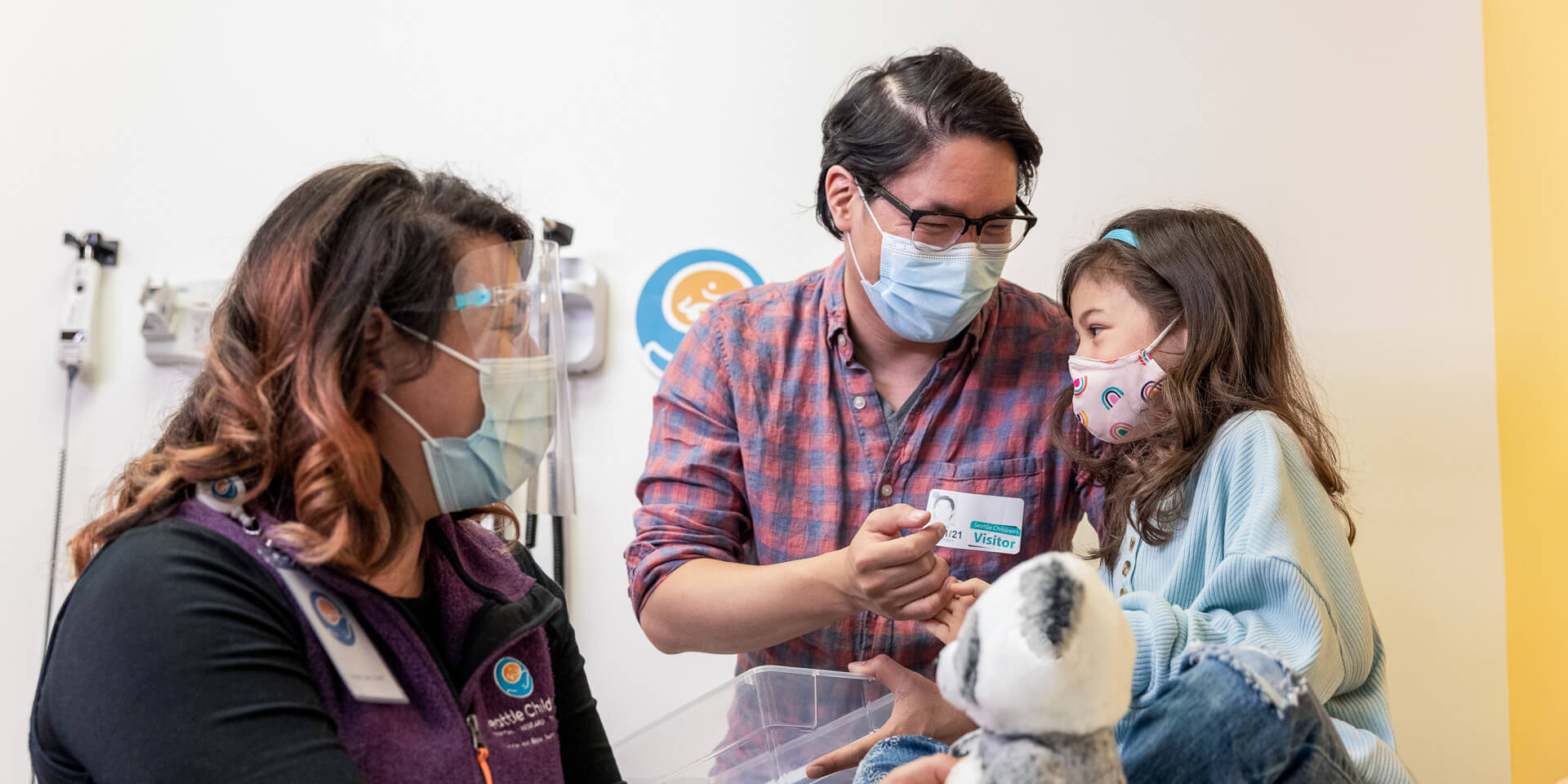Seattle Children’s Cancer and Blood Disorders Center
There are shortages of several chemotherapy medications that are impacting patient care across the country. Seattle Children’s is working with local health authorities and other healthcare providers to mitigate the impact to our patients. We are sharing information with those directly affected and will update information as needed. If you have concerns or questions about your child’s care, please contact your care team.
At Seattle Children’s, we bring together a team of top experts to diagnose and treat your child. There is no better place in the Pacific Northwest to bring your child for cancer and blood disorders care.
Our team treats children, teens and young adults, including those with the hardest-to-treat cancers and blood disorders. We provide treatment options that many centers do not offer. Many of the doctors who will care for your child are leaders in research to transform treatment and improve outcomes.
Close ties between the Cancer and Blood Disorders Center patient care team and researchers at Seattle Children’s mean our patients benefit from advances more quickly – everything from new diagnostic tests to clinical trials. We are recognized as among the best in the world, both for patient care and development of novel treatments.
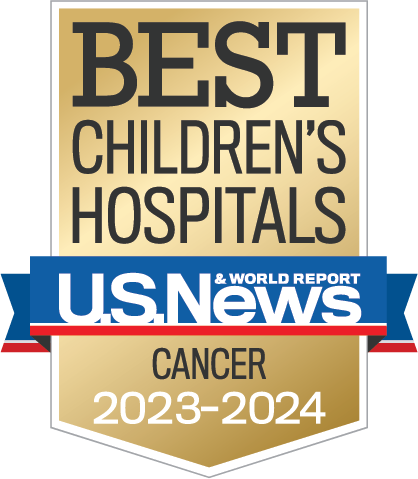
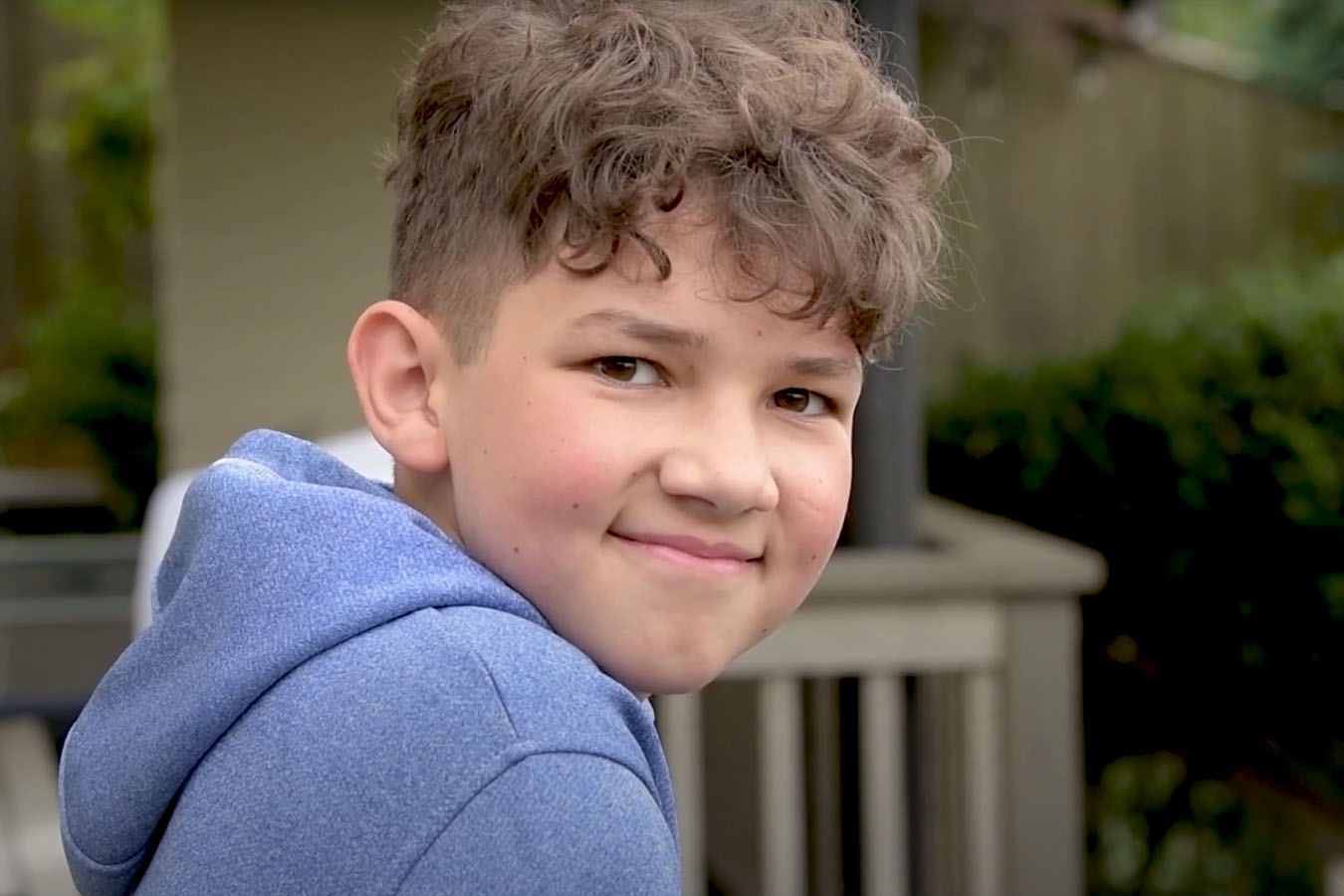
Family-Centered Care Tailored to Your Child’s Needs
We care for your child from diagnosis through all phases of treatment and follow-up survivor care, helping them grow up to be healthy and productive adults. Our multidisciplinary team will work with you to give your child seamless, coordinated care for their unique needs.
Our providers are specially trained and among the most experienced in the nation at treating children with cancer and blood disorders.
- Read about the conditions we treat.
- Meet Roarke, disease-free after being treated in 2018 for a brain tumor.
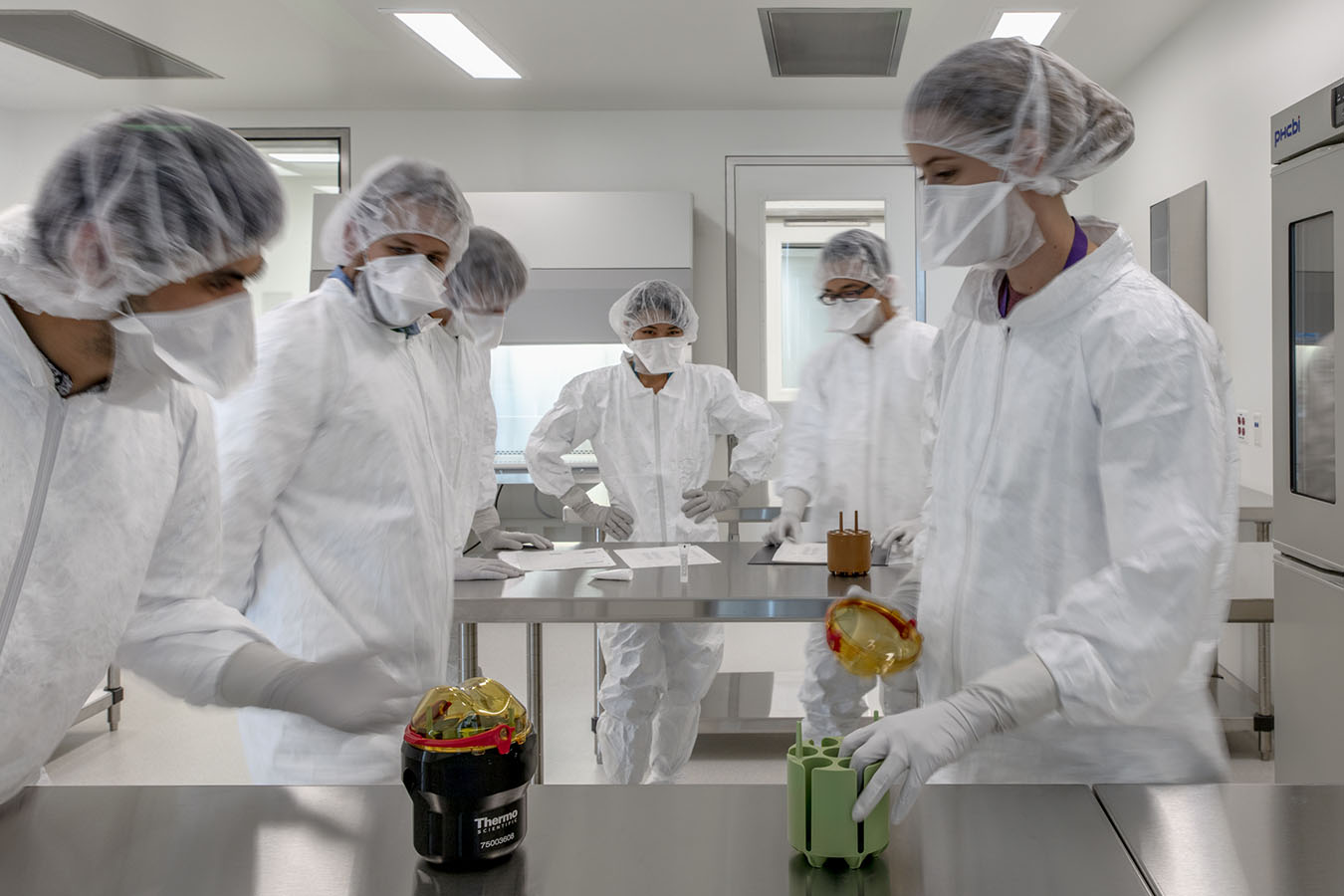
Research and Innovation to Advance Care
Seattle Children’s is internationally known for developing better treatments for young people with cancers and blood disorders.
The Ben Towne Center for Childhood Cancer Research is focused on generating critical new insights into the biology of childhood cancer and blood diseases. The team partners with Seattle Children’s Therapeutics, which develops and tests next-generation cell and gene therapies for cancer, blood disorders and other diseases that affect children.
Read how Seattle Children’s aims to be a Center of Excellence in gene and cell therapies
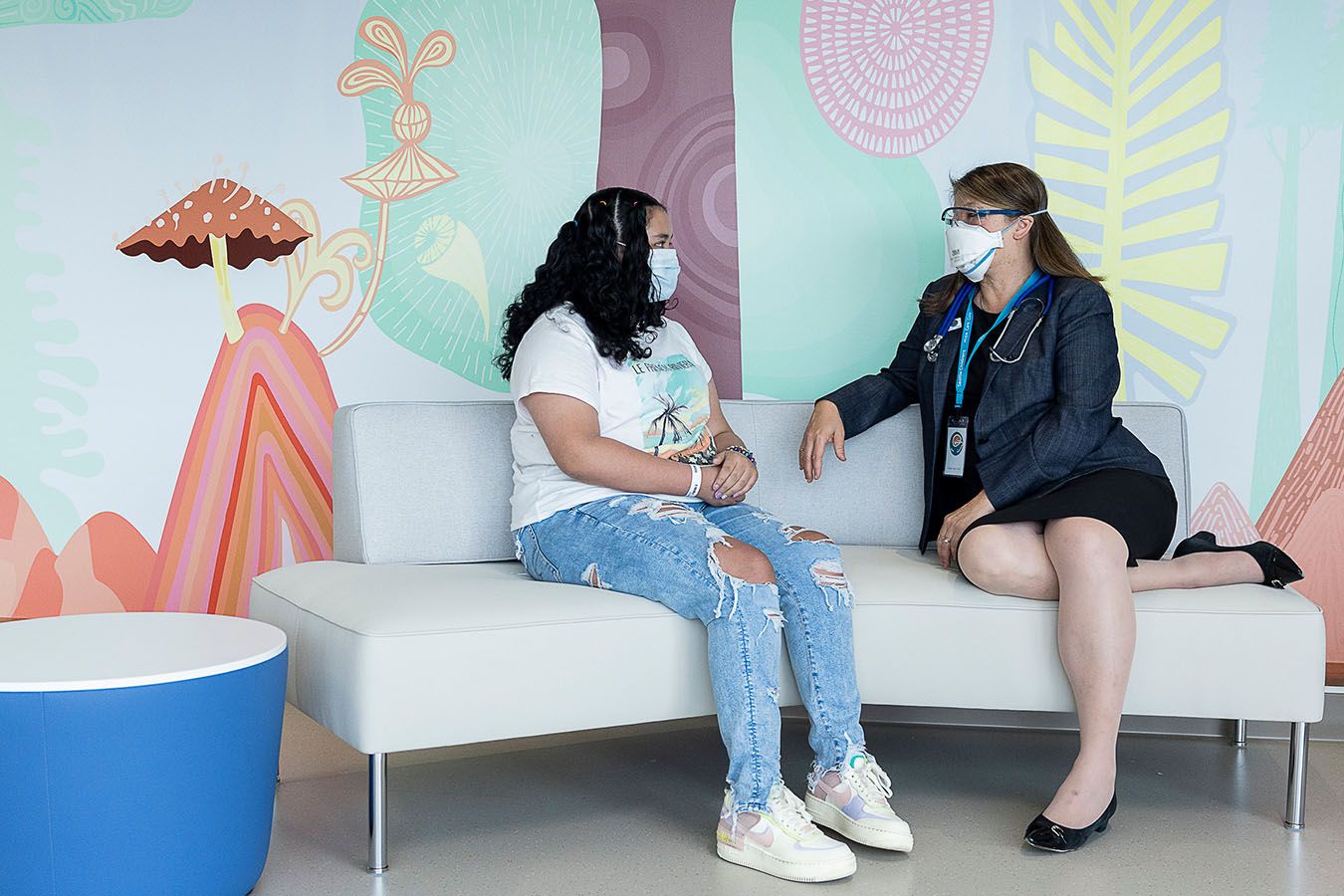
World-Class Team
Your child will get care from the very best. Our doctors, nurses and other specialists are recognized worldwide for their expertise in care, research and innovative treatments for children with cancer and blood disorders. They lead national research groups such as the Children’s Oncology Group, the largest pediatric oncology consortium in the world.
- Meet our team.
- Read about our leader, Dr. Mignon Loh, and her mission to improve cancer and blood diseases care for children worldwide.

Access to Clinical Trials Offered Only at Top Centers
Experts in our Immunotherapy Program work to improve outcomes for young people and reduce side effects by harnessing the power of the immune system to recognize and destroy cancer. We offer state-of-the-art cancer and blood disorder therapies and clinical trials that other hospitals often cannot provide. Year after year, Seattle Children’s is among the top childhood cancer centers in the nation with the most patients enrolled in clinical trials.
- See our clinical trials.
- Read about Harper, the first patient to receive a cell therapy treatment produced at Seattle Children’s Building Cure.
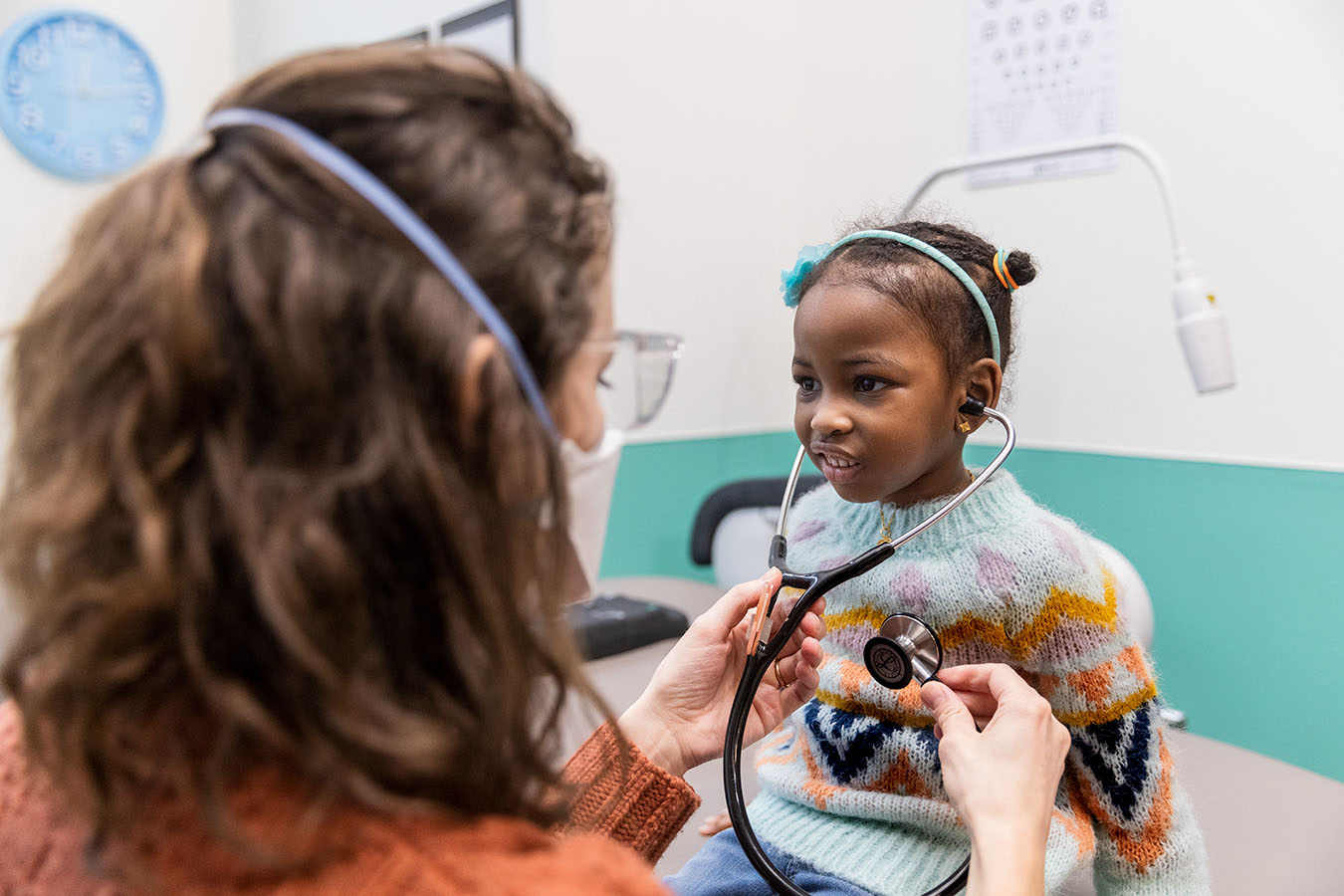
Making Life Better for Kids With Blood Disorders
Teams across Seattle Children’s – including the Cancer and Blood Disorders Center, Odessa Brown Children’s Clinic and the Center for Immunity and Immunotherapies – are working to uncover better therapies for children with blood disorders including sickle cell disease, bleeding disorders, thrombosis, thalassemia, immune cytopenias, hemolytic anemias, iron deficiency and more.
- Read how sickle cell disease has shaped Jude’s life and how medical teams at Seattle Children’s hospital and OBCC have been with her family at every step.
- Learn about our Sickle Cell Disease Program.
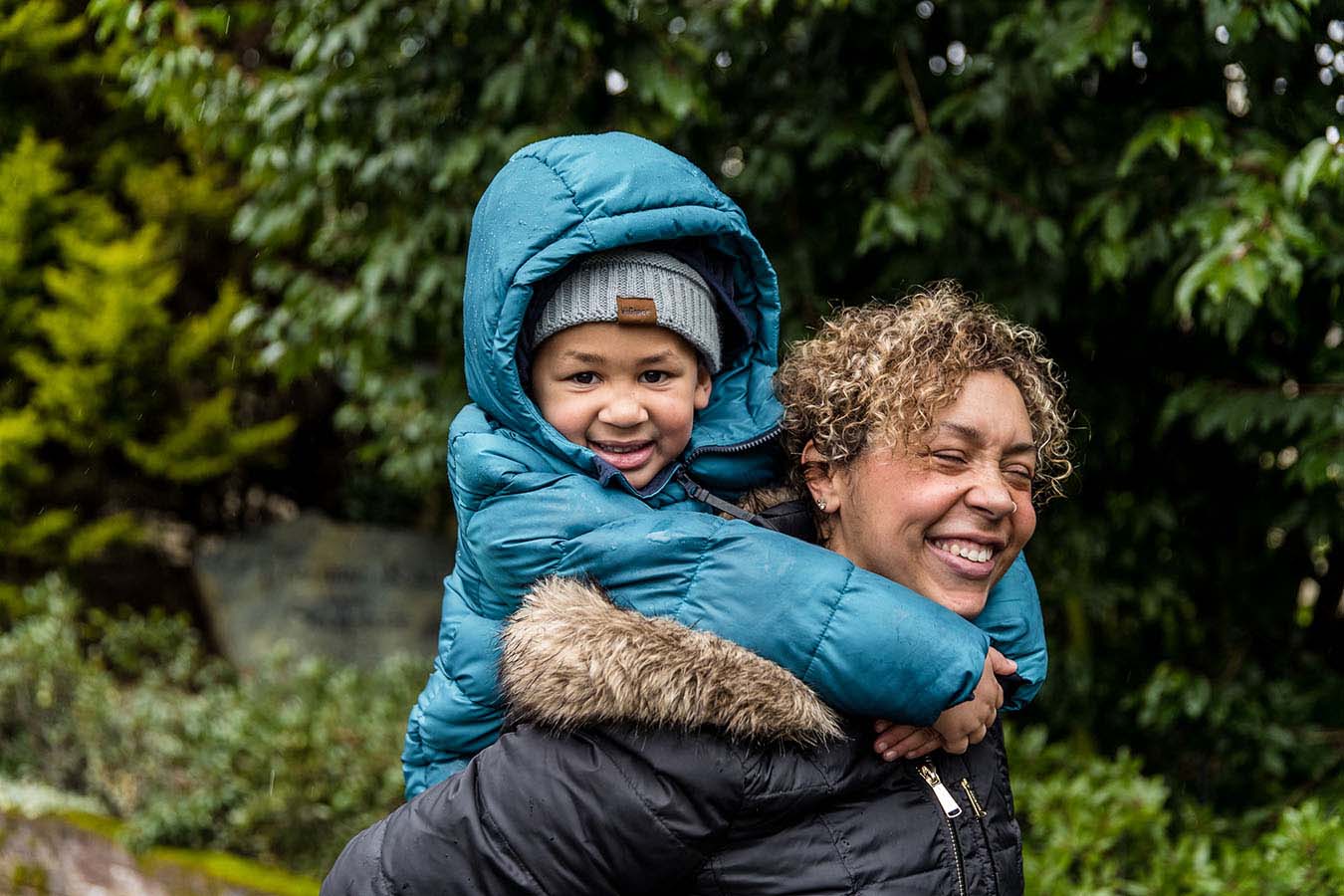
Stem Cell Transplants for More Kids, With Better Results
For kids with certain cancers and blood disorders, a transplant of blood-forming stem cells is part of their treatment and cure. We work to make transplant an option for more young people and to improve cure rates through our Pediatric Blood and Marrow Transplant Program and Non-Malignant Transplant Program.
Our team is with you through each step — preparing for the transplant, doing the procedure here at Seattle Children’s and caring for your child as they recover. We work closely with our partner, Fred Hutchinson Cancer Center, whose doctors pioneered this lifesaving procedure.
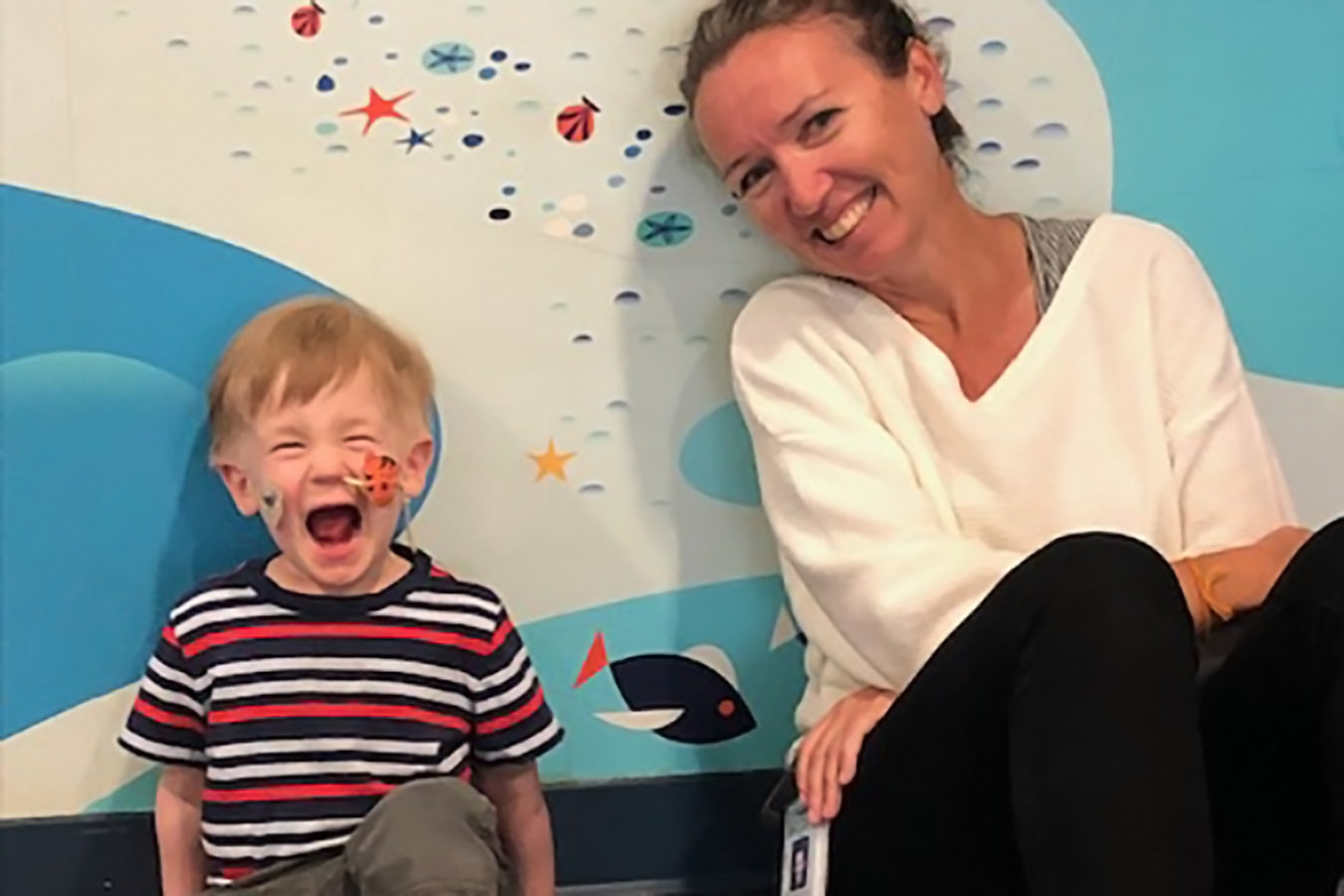
A Better Approach for Kids With High-Risk Leukemia
If your child’s leukemia is high-risk, they need a different approach – care from a team of experts in diagnosis, treatment, research and stem cell transplantation. This approach sets us apart from other academic medical centers.
- Our High-Risk Leukemia team will assess your child, review all options and recommend the best treatment for them.
- Read how we work to give kids with high-risk leukemia more, better options.
A Focus on Quality of Life
Our main goal for the Palliative Care Program at Seattle Children’s is to help patients and families have the best possible quality of life. Patients receive palliative care while they are getting curative treatment or nearing the end of life—it is specific only to the journey they embark upon after their diagnosis.
Staying Healthy After Cancer Treatment
Seattle Children’s Cancer Survivor Program helps children, teens and young adults stay healthy after their cancer treatment is complete through personalized education, clinical care and research opportunities. The goal of the program is to keep survivors healthy over the long term and well into adulthood.
Why Choose Us
95%
Survival rate for youth receiving stem cell transplant (at least 100 days), 2004–2020
Quality of Life
We strive to improve the quality of life for patients with cancer and their families, from diagnosis through survivorship.
No Stone Unturned
We are relentless in searching for the best possible options to treat your child.
Patient Stories
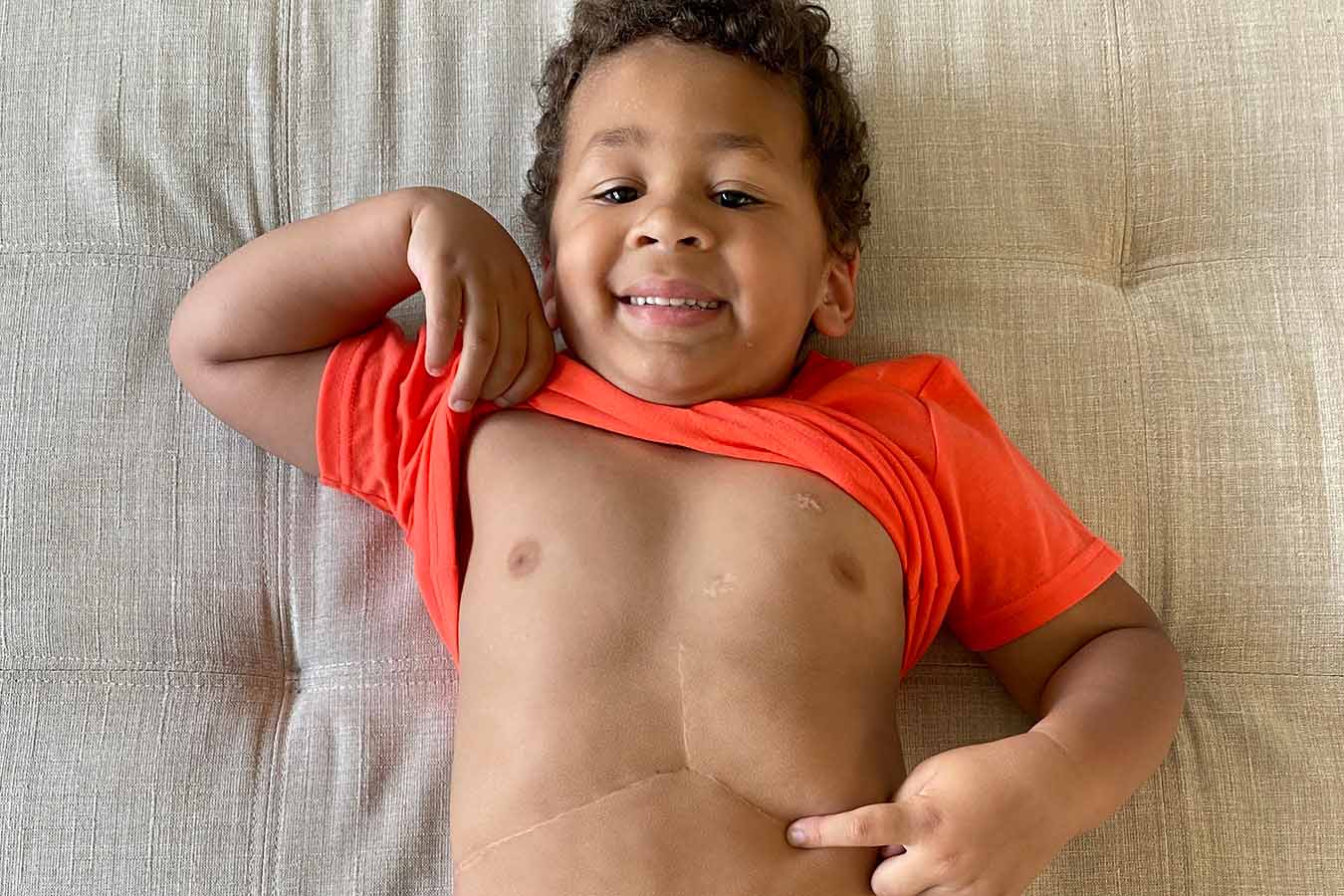
“There is no better place for neuroblastoma treatment. We were treated with the utmost respect and empathy. I can’t say enough about Dr. Waldhausen and Isaac’s oncologists. They saved our son’s life. It doesn’t get any better than that!”
– Kelli Williams, whose son Isaac is thriving after treatment at Seattle Children’s for high-risk neuroblastoma
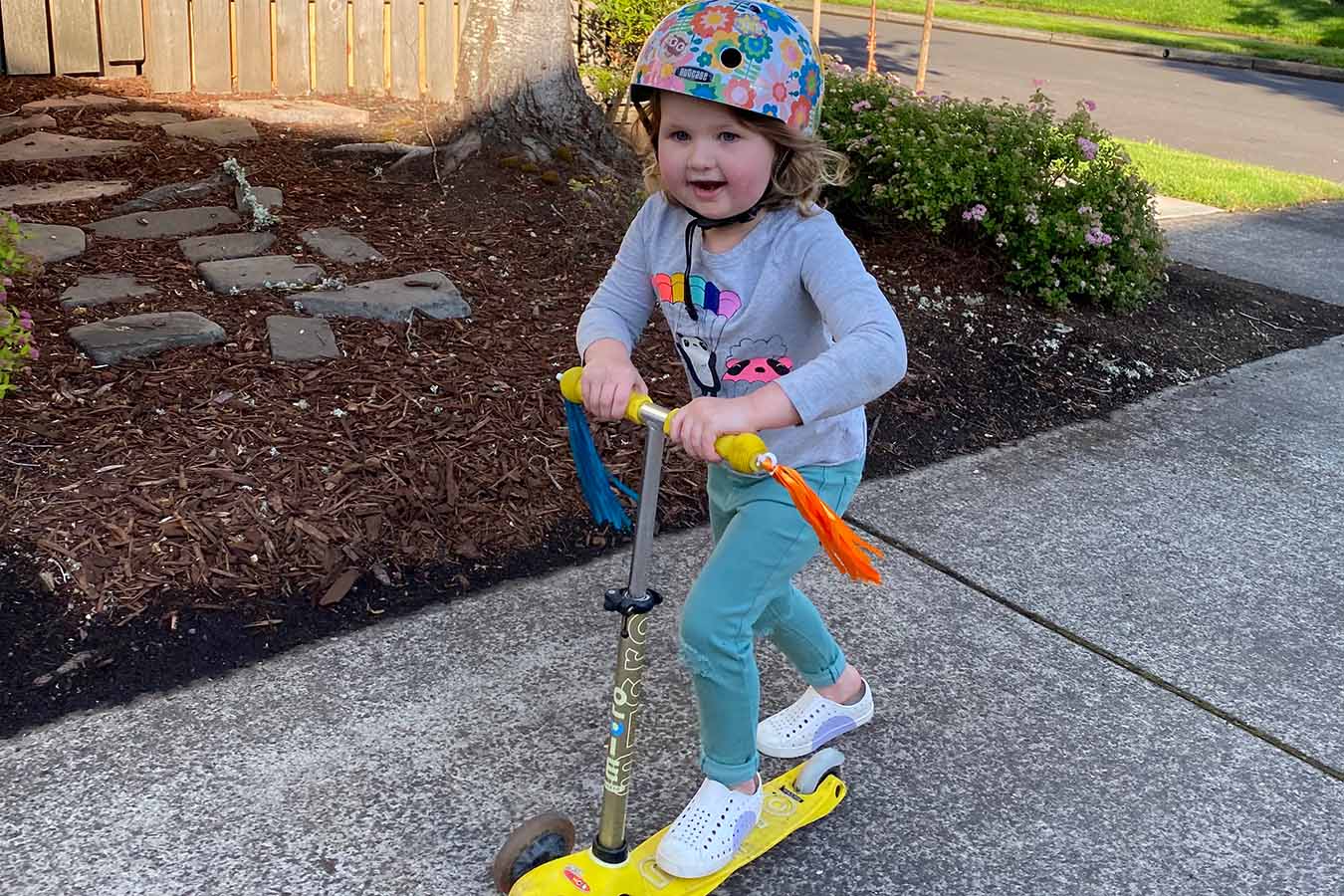
“It was really hard to imagine that a cancer which had plagued Greta for so long, and made her chances of survival so incredibly low, was going to be eliminated by her own immune system in a matter of days. But that’s exactly what happened.”
– Maggie Oberhofer, mom of Greta, who has been cancer-free since getting immunotherapy at Seattle Children’s
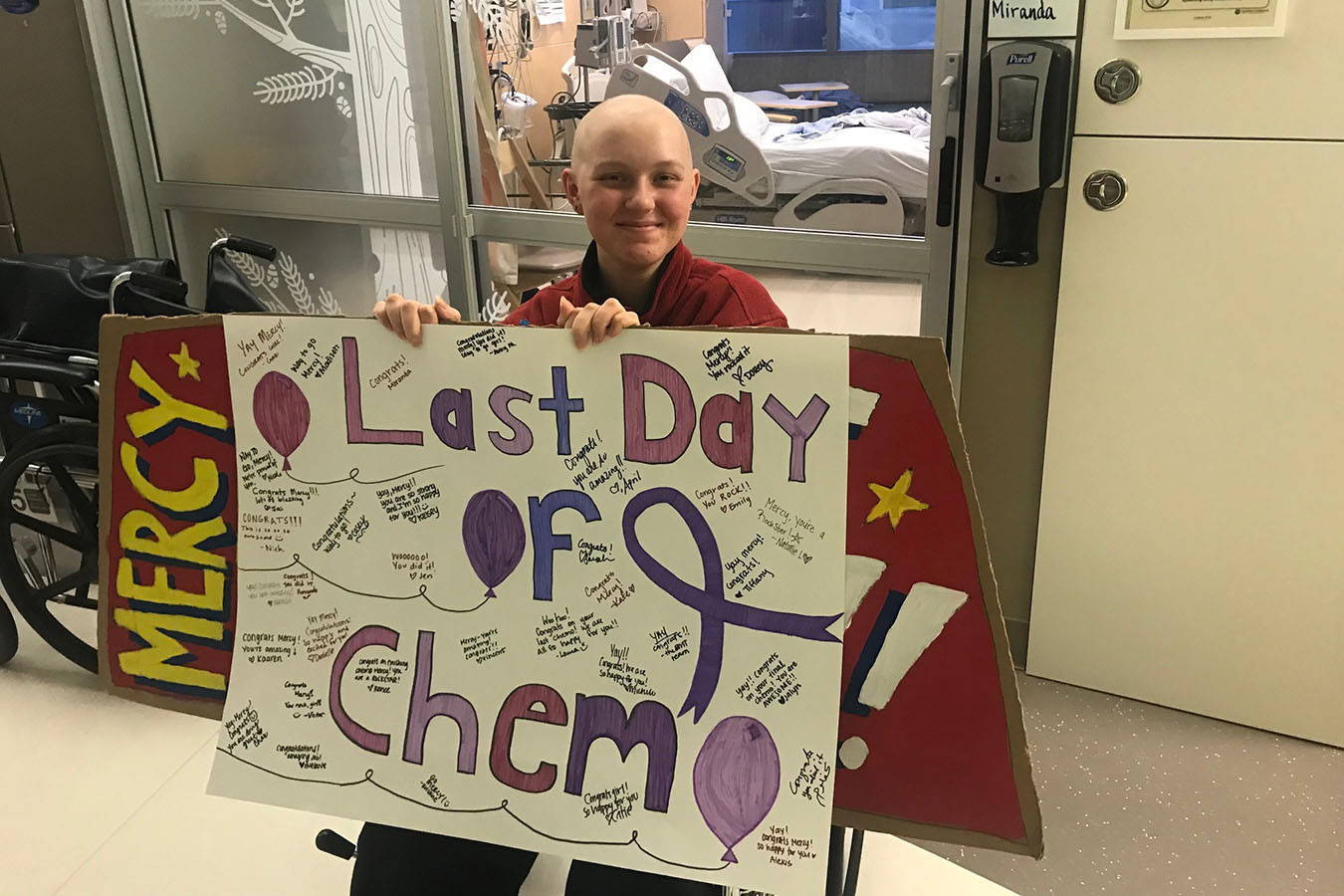
“The staff at Seattle Children’s are rock stars, every last one of them.”
– Erika Haub, whose daughter Mercy was treated with chemotherapy and enrolled in a clinical trial to fight Hodgkin lymphoma
